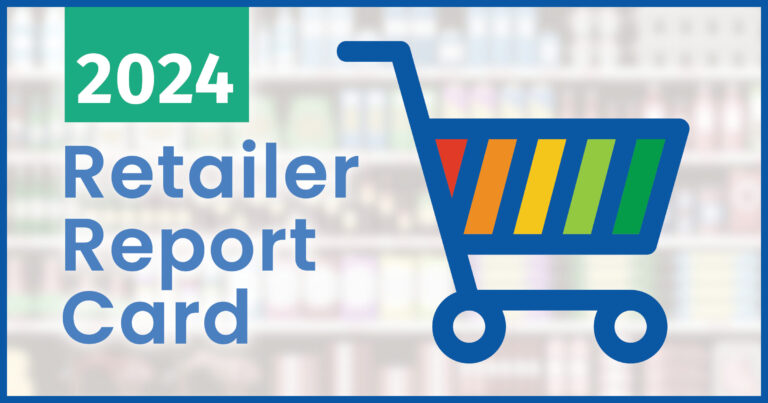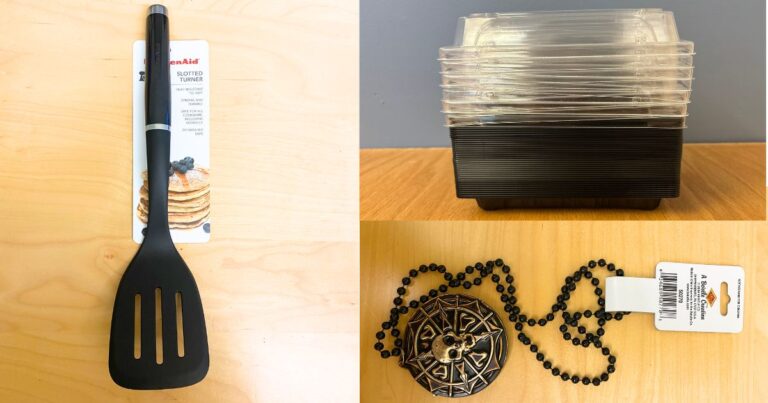Toxic-Free Future’s Retailer Report Card benchmarks and scores the largest retailers in the U.S. and Canada on their safer chemicals policies. By highlighting retailer leaders and calling out the laggards in the Toxic Hall of Shame, we are driving retailers to eliminate toxic chemicals and plastics and replace them with safer solutions to build a toxic-free future.
How do your favorite retailers rank?
Click for our detailed findings on these retailers.
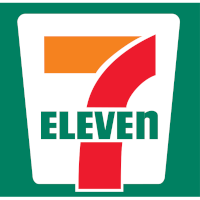


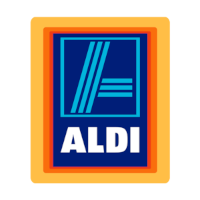
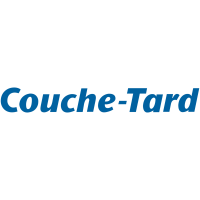











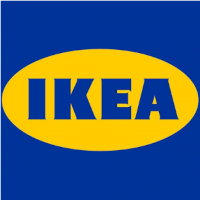

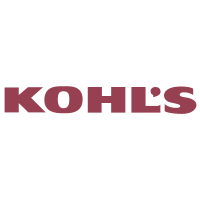
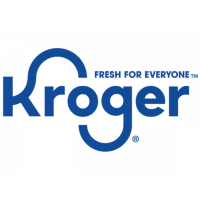


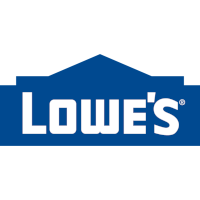




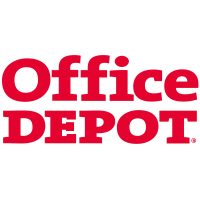



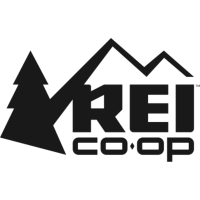

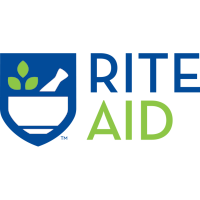
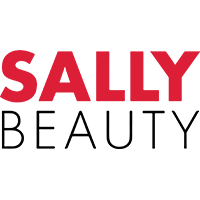

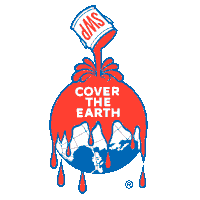





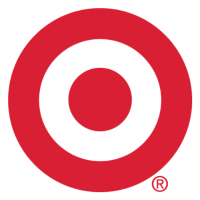
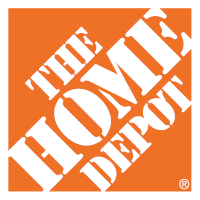




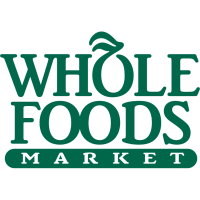

Take Action
As consumers, we have tremendous power. Major retailers care what YOU think and your voice can drive real change. CEOs need to hear from you about the urgent need to eliminate toxic chemicals and plastics from products and packaging.
Take action today! Tell the retailers in the Toxic Hall of Shame: toxic chemicals and plastics have no place on store shelves!
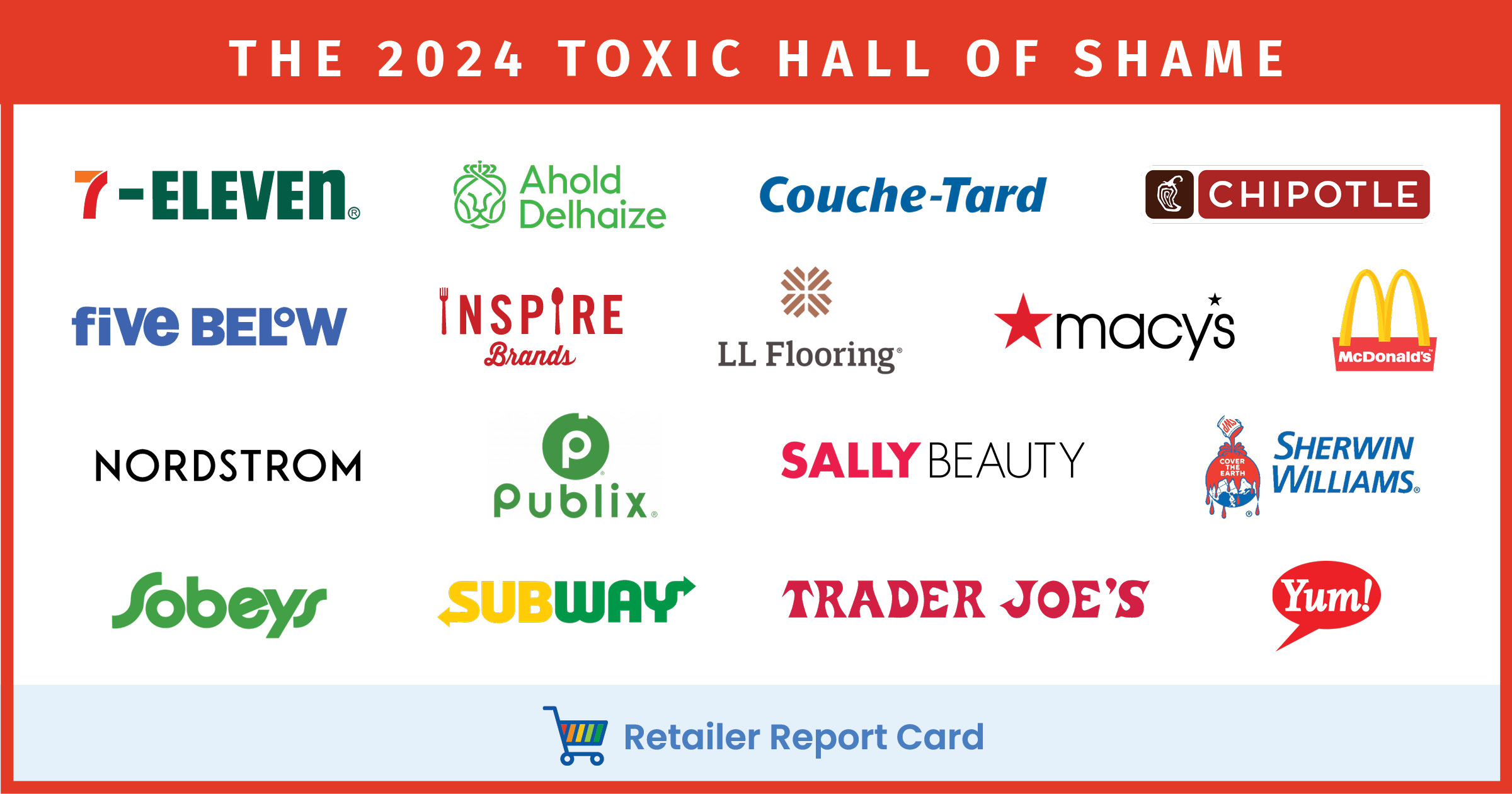
Four Essential Elements for a Safer Marketplace
Understand the criteria behind the Retailer Report Card.
From the Experts

“With PFAS in our drinking water and toxics found in black plastic spatulas, it is shocking how little retailers are doing to help solve this health crisis linked to hazardous chemicals and plastics in consumer products. Retailers must require ingredient transparency, ban the most hazardous chemicals and plastics in products and packaging, and invest in safer solutions.”
Cheri Peele
Co-author of the 2024 Retailer Report Card and senior policy manager for Toxic-Free Future

“Simply banning toxic chemicals isn’t enough–retailers must go further to ensure that replacements are truly safer for consumers, communities, and workers. Apple, Sephora, Target, and Walmart are setting a strong standard, scoring highest overall. With the holiday shopping season upon us, it’s time for more retailers to follow their lead and mind the store.”
Mike Schade
Co-author of the 2024 Retailer Report Card and director of Toxic-Free Future’s Mind the Store program

“As a fertility doctor, I am deeply concerned about exposure to toxic chemicals and plastics in everyday products, especially for women. Research has shown that many of these substances can disrupt hormones, impact fertility, and even increase the risk of pregnancy complications. Retailers must take immediate action to reduce the presence of harmful chemicals such as PFAS and toxic plastics in the products we use, so that women and their families can make safer choices for their health and well-being.”
Lora Shahine, MD
Reproductive endocrinologist at PNWF and clinical associate professor at the University of Washington in Seattle and host of the Baby or Bust Fertility podcast

“Nine years after our call to eliminate hazardous chemicals, dollar stores still have progress to make. Serving millions – including many People of Color and low-income communities, Dollar General, Dollar Tree, and Family Dollar have a responsibility to provide safer products. It’s time to lead by replacing harmful chemicals with safer alternatives. Communities deserve transparency and action now.”
Jose Bravo
National campaign coordinator of the Campaign for Healthier Solutions

“It is invaluable that the Retailer Report Card includes beauty justice metrics, highlighting the need for retailers to protect consumers from toxic chemicals in products marketed to people of color, such as skin lighteners and chemical hair straighteners. Thanks to this evaluation, we have seen major retailers, including Sephora and Ulta Beauty, make significant strides in advancing beauty justice.”
Micaela E. Martinez, Ph.D.
Director of environmental health for WE ACT for Environmental Justice

“It’s alarming that more than half of the companies in the Retailer Report Card don’t ask suppliers for ingredient information. This lack of transparency puts consumers, businesses, and shareholders at risk. As regulations on PFAS tighten and demand for safer products grows, companies must understand what’s in their products and address the risks associated with harmful chemicals. This report helps investors like us identify gaps in data and governance and engage companies on improving their chemical management due diligence processes.”
Caroline Boden
Director of shareholder advocacy at Mercy Investment Services

“We now know that children’s brains continue to develop into their twenties. To protect children’s brain health and learning potential, retailers must protect tweens and teens, which is Five Below’s customer base. Retailers have the power and responsibility to make sure no lead, phthalates, flame retardants, and other toxicants are in any product that can expose children, teens, or pregnant women. It’s that simple.”
Tracy Gregoire
Healthy Children Project director for Learning Disabilities Association of America

“We might assume, in Canada, that the products on our shelves are safer than in the U.S., but it turns out they’re not. U.S. retailers are failing, and Canadian ones fare even worse. Some American retailers appear committed to making products and food safer for their customers, including voluntarily phasing out dangerous ‘forever chemicals’ like PFAS. But in Canada, a voluntary approach to safer products is not working. To protect human and environmental health, we need the Canadian federal government to take the lead with stronger rules and regulatory action.”
Cassie Barker, M.Sc.
Report contributor and toxics senior program manager for Environmental Defence

“The combination of state and retailer actions are transforming the national marketplace. As states take steps to address toxic chemicals and plastics, we are seeing firsthand how retailers, brands, and manufacturers are shifting their practices. However, more action is urgently needed. We need more retailers to step up and ensure the products on their store shelves are truly safer for consumers.”
Sarah Doll
National director of Safer States

“With PFAS in our drinking water and toxics found in black plastic spatulas, it is shocking how little retailers are doing to help solve this health crisis linked to hazardous chemicals and plastics in consumer products. Retailers must require ingredient transparency, ban the most hazardous chemicals and plastics in products and packaging, and invest in safer solutions.”
Cheri Peele
Co-author of the 2024 Retailer Report Card and senior policy manager for Toxic-Free Future
Latest News
